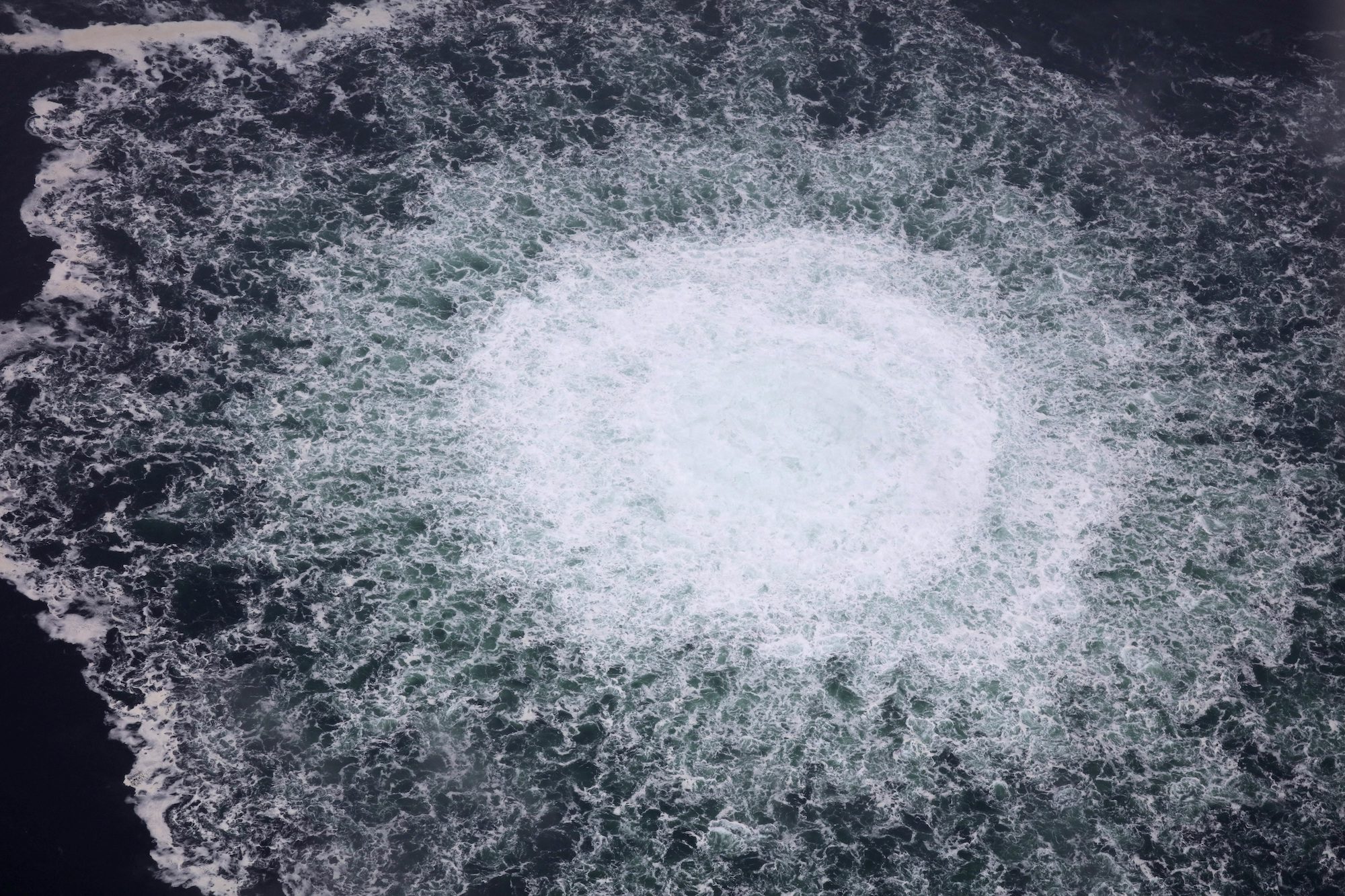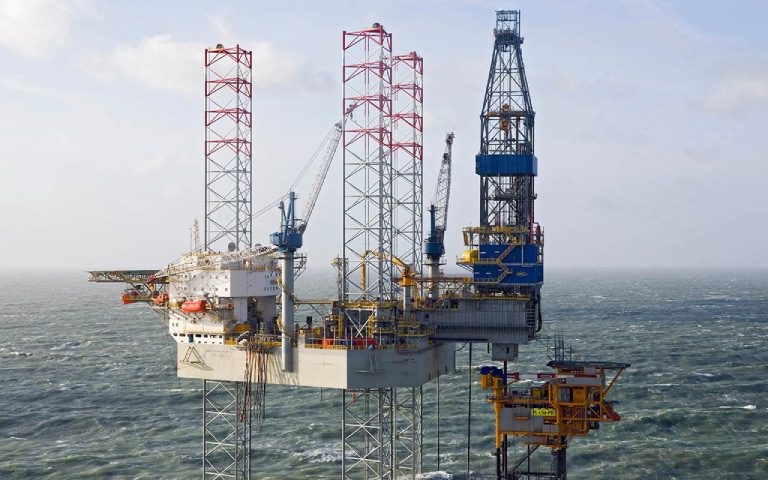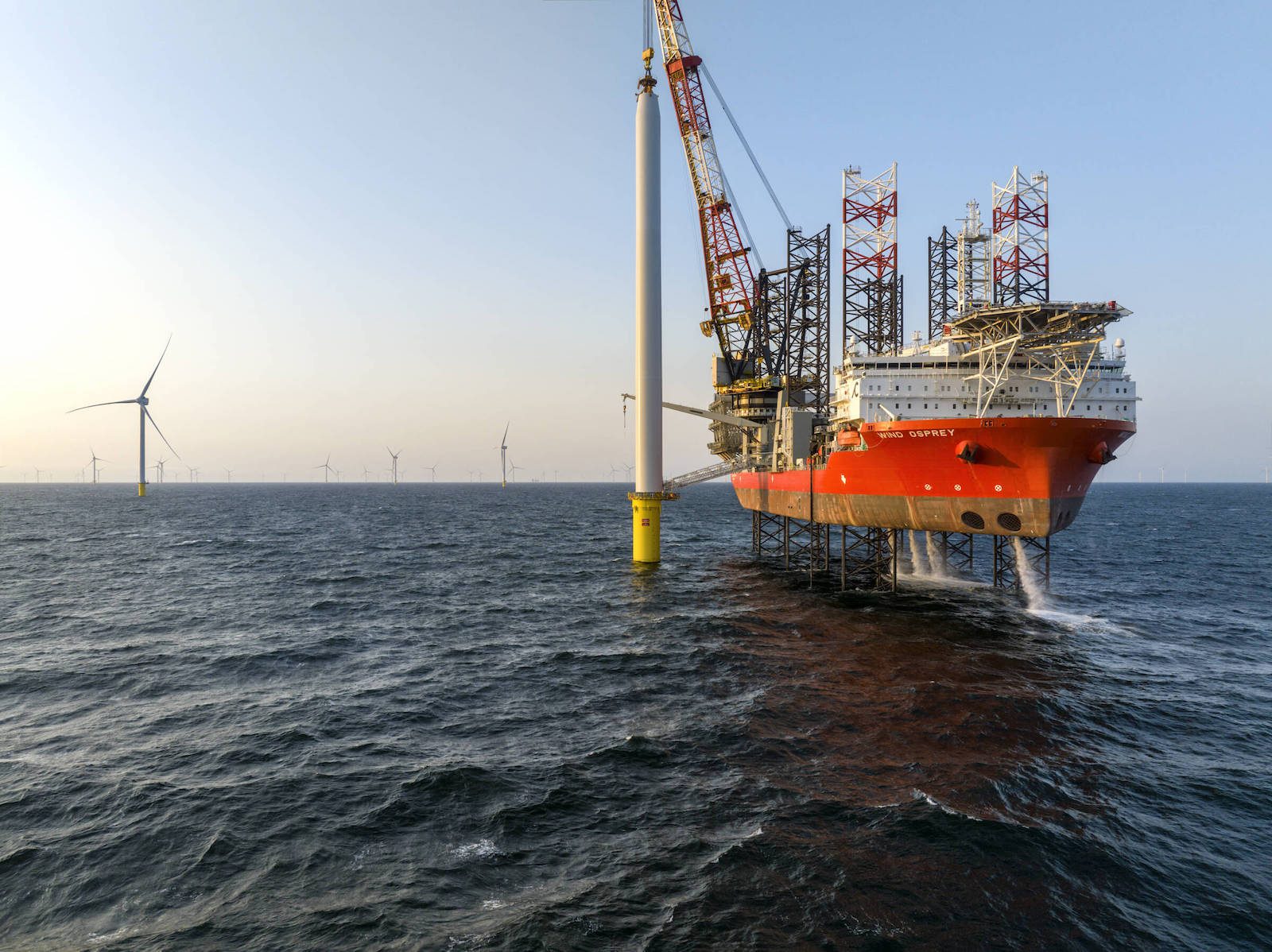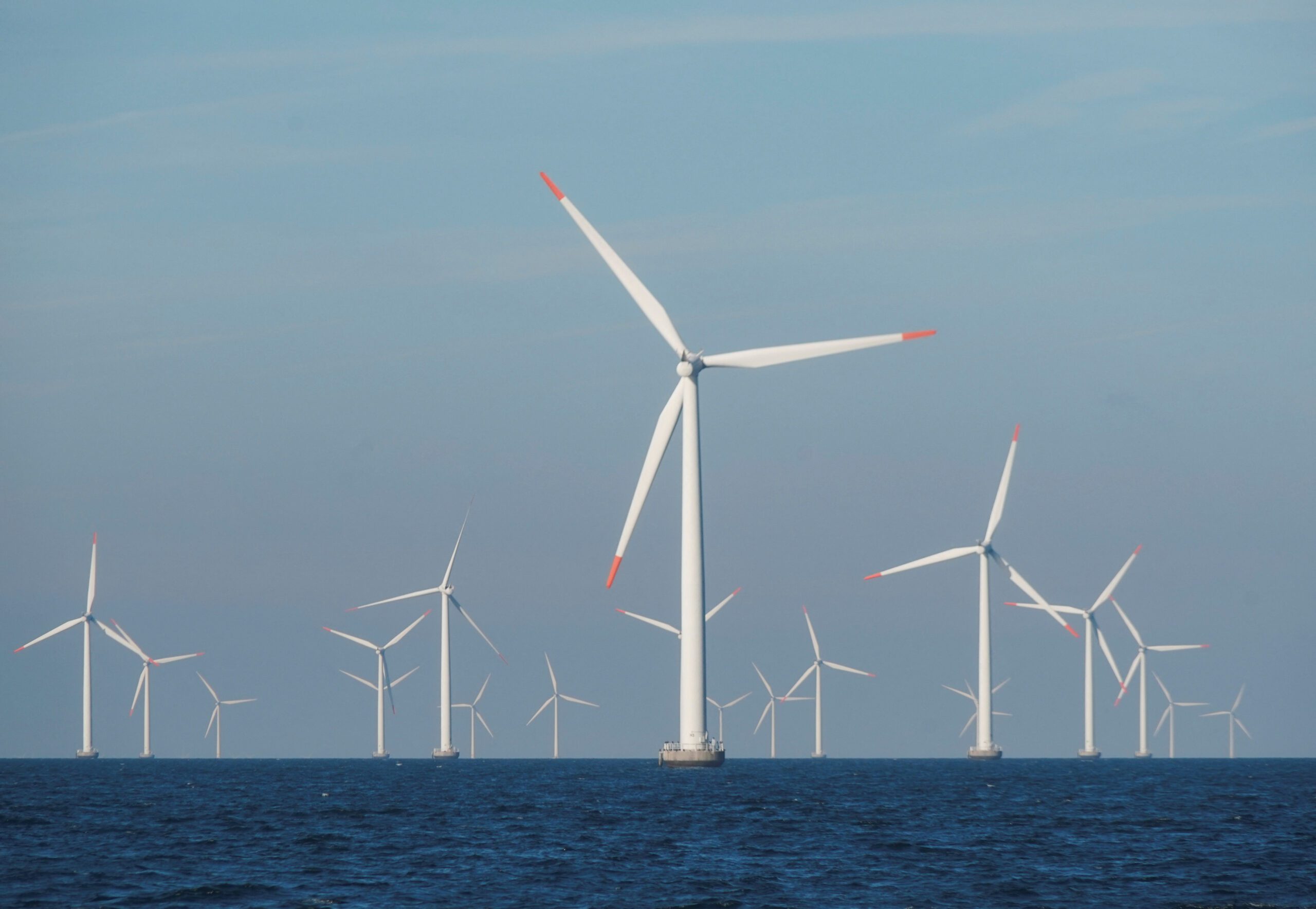By Sabine Siebold and Charlotte Van Campenhout
MOSCOW/BRUSSELS, Sept 29 (Reuters) – Russia said on Thursday that leaks spewing gas into the Baltic Sea from pipelines to Germany appeared to be the result of state-sponsored “terrorism,” as an EU official said the incident had fundamentally changed the nature of the conflict in Ukraine.
The European Union is investigating the cause of the leaks in the Gazprom-led Nord Stream 1 and 2 pipelines and has said it suspects sabotage was behind the damage off the coasts of Denmark and Sweden.
Four days after the leaks were first spotted, it remains unclear who might be behind any attack on the pipelines that Russia and European partners spent billions of dollars building.
“This looks like an act of terrorism, possibly on a state level,” Kremlin spokesman Dmitry Peskov said, adding: “It is very difficult to imagine that such an act of a terrorism could have happened without the involvement of a state of some kind.”
Russia also said the United States stood to benefit, in a war of words with the West over who was responsible. Moscow has previously said the leaks occurred in territory that is “fully under the control” of U.S. intelligence agencies.
Russia’s Foreign Ministry spokeswoman Maria Zakharova told a news briefing that Washington would be able to boost its liquefied natural gas (LNG) sales if the pipelines were put out of use.
But U.S. news channel CNN, citing three sources, reported that European security officials had observed Russian navy support ships and submarines not far from the leaks.
Asked to comment on the CNN report, Peskov said there had been a much larger NATO presence in the area.
Zakharova called for an EU investigation to be “objective,” and said Washington would have to “explain itself” – a reference to President Joe Biden’s comment in February that, if Russia sent troops into Ukraine, “there will no longer be a Nord Stream 2.” Biden was referring to possible sanctions on the new pipeline, which was completed before Moscow sent its forces into Ukraine but never put into service.
Leaks from the Nord Stream 1 pipeline are likely to be stopped on Monday, the pipeline’s operator told Reuters.
But the spokesperson for Nord Stream AG said it was not possible to give any forecasts for the pipeline’s future operation until the damage had been assessed.
Russia had halted deliveries via Nord Stream 1, saying Western sanctions had hampered operations.
While neither pipeline was supplying gas to Europe when the leaks were first detected, both had gas in them.
‘ROBUST RESPONSE’
EU leaders will discuss the ramifications of the damage next week at a summit in Prague, an EU official said.
“The strategic infrastructure in the entire EU has to be protected,” the EU official in Brussels said.
“This changes fundamentally the nature of the conflict as we have seen it so far, just like the mobilization … and the possible annexation,” the EU official said, referring to Russia’s mobilizing of more troops for the war and expectations President Vladimir Putin will annex Ukrainian regions.
Russia’s war with Ukraine and the resulting energy standoff between Moscow and Europe, which has left the EU scrambling to find alternative gas supplies, are set to dominate the EU summit on Oct. 7.
The European Union on Wednesday warned of a “robust and united response” should there be more attacks and stressed the need to protect its energy infrastructure, but EU officials have avoided pointing a figure directly at possible perpetrators.
Next week, EU leaders will discuss an eighth sanctions package on Russia which European Commission chief Ursula von der Leyen has proposed, including tighter trade restrictions, more blacklistings and an oil price cap for third countries.
The EU official said he expected the 27-nation bloc to agree parts of the sanctions package before the summit, such as the blacklisting of additional individuals and some of the trade restrictions with regard to steel and technology.
Other topics such as the oil price cap or the sanctioning of banks may not be solved before the summit, he added.
EU states need unanimity to impose sanctions and Hungary’s prime minister Viktor Orban has been a vocal critic, saying sanctions have “backfired,” driving up energy prices and dealing a blow to European economies.
(Writing by Alexander Smith; Editing by Elaine Hardcastle and Edmund Blair)
(c) Copyright Thomson Reuters 2022.

 Join The Club
Join The Club












